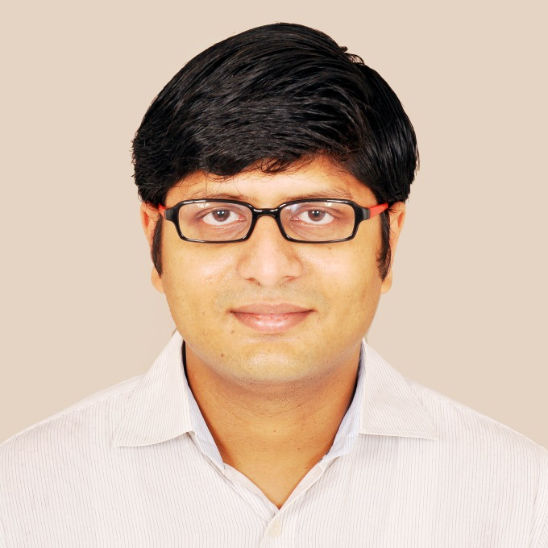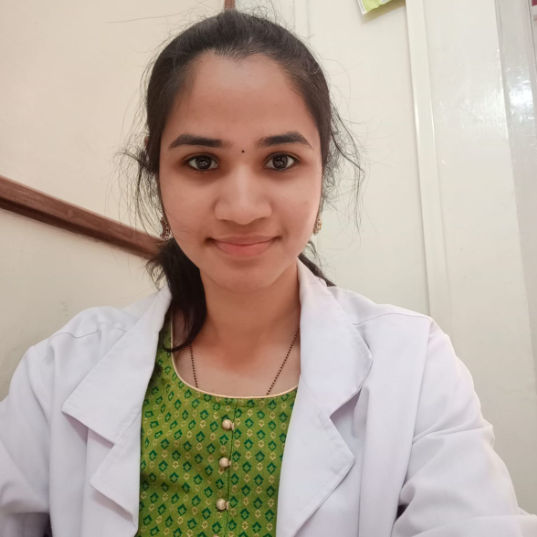Understanding PTSD Symptoms, Causes, and Treatment
Understand Post-Traumatic Stress Disorder (PTSD), including its symptoms, causes, and treatment options. Learn how trauma affects mental health and explore effective ways to support recovery and healing.


Introduction
Post-Traumatic Stress Disorder (PTSD) is a mental health condition that can develop after someone experiences or witnesses a traumatic event. While it’s normal to feel upset or anxious after a distressing incident, PTSD occurs when those feelings persist for months or even years, interfering with daily life.
If you or someone you know is struggling with PTSD, understanding its symptoms, causes, and treatment options can help in managing the condition effectively.
What is PTSD?
PTSD is a mental health disorder triggered by a terrifying or life-threatening event. It can happen to anyone: soldiers, accident survivors, victims of abuse, or even people who have witnessed a traumatic incident.
The brain’s natural "fight or flight" response gets stuck in overdrive, making it difficult to move past the trauma. People with PTSD may relive the event through flashbacks, nightmares, or severe anxiety, even when they are no longer in danger.
Consult a Psychiatrist for the best advice
Common Symptoms of PTSD
PTSD symptoms can vary from person to person but generally fall into four categories:
1. Intrusive Memories
- Flashbacks (feeling like the trauma is happening again)
- Distressing nightmares
- Unwanted, vivid memories of the event
- Emotional distress when reminded of the trauma
2. Avoidance
- Avoiding places, people, or activities that remind you of the trauma
- Refusing to talk about the event
- Feeling emotionally numb or detached
3. Negative Changes in Mood & Thinking
- Persistent negative thoughts (e.g., "I can’t trust anyone")
- Loss of interest in hobbies or relationships
- Feeling hopeless about the future
- Memory problems related to the trauma
4. Hyperarousal (Being "On Edge")
- Irritability or angry outbursts
- Trouble sleeping or concentrating
- Being easily startled
- Always feeling on guard
Symptoms may appear shortly after the traumatic event or develop months later. If they last more than a month and disrupt daily life, it may be PTSD.
What Causes PTSD?
PTSD can develop after any deeply distressing experience, including:
- Combat or military exposure
- Physical or sexual assault
- Serious accidents (car crashes, fires, etc.)
- Natural disasters (earthquakes, floods)
- Childhood abuse or neglect
- Sudden loss of a loved one
- Medical trauma (serious illness, surgeries)
Not everyone who experiences trauma develops PTSD. Factors that increase the risk include:
- Lack of social support after the event
- A history of mental health issues (anxiety, depression)
- Repeated exposure to trauma (e.g., first responders, abuse survivors)
- Genetic predisposition (family history of PTSD or anxiety disorders)
How PTSD Affects Daily Life
Living with PTSD can make everyday activities challenging. It may lead to:
- Relationship struggles (difficulty trusting others, emotional distance)
- Work or school problems (trouble focusing, absenteeism)
- Physical health issues (chronic pain, headaches, digestive problems)
- Substance abuse (using alcohol or drugs to cope)
- Depression and anxiety (persistent sadness, panic attacks)
The good news is that PTSD is treatable, and many people recover with the right support.
Treatment & Coping Strategies
Managing mental health conditions requires the right combination of treatment and daily coping strategies.
1. Professional Treatment
Therapy:
- Cognitive Behavioral Therapy (CBT) – Helps change negative thought patterns.
- Exposure Therapy – Gradually reduces fear by safely revisiting trauma memories.
- EMDR (Eye Movement Desensitization & Reprocessing) – Uses guided eye movements to process trauma.
Medications:
- Antidepressants (SSRIs like sertraline or paroxetine) can help manage symptoms.
2. Self-Care & Lifestyle Changes
- Stay Connected: Talk to trusted friends, family, or support groups.
- Exercise Regularly: Physical activity reduces stress and improves mood.
- Practice Relaxation Techniques: Deep breathing, meditation, or yoga can help calm the mind.
- Maintain a Routine: Structure can provide a sense of stability.
- Limit Alcohol & Caffeine: These can worsen anxiety and sleep problems.
3. When to Seek Help
- If PTSD symptoms are affecting your work, relationships, or overall well-being, consider reaching out to a mental health professional. Early treatment improves recovery chances.
Final Thoughts
PTSD is a serious but treatable condition. Recognizing the symptoms and seeking help early can make a big difference in recovery. Whether through therapy, medication, or lifestyle changes, healing is possible. If you suspect you have PTSD, don’t hesitate to reach out to a healthcare provider. Taking the first step toward treatment is a sign of strength, not weakness.
Consult a Psychiatrist for the best advice
Consult a Psychiatrist for the best advice

Dr. Pooja Datta
Psychiatrist
22 Years • MBBS, Gandhi Medical College , HYD. MD PSYCHIATRY Osmania Medical college, HYD. Training in deaddiction . NIMHANS, Bengaluru
Hyderabad
Apollo Hospitals Jubilee Hills, Hyderabad

Dr. Puli Vanaja Reddy
Psychiatrist
15 Years • MBBS, MPH (USA), DCP (UK)
Hyderabad
Apollo Hospitals Jubilee Hills, Hyderabad
(200+ Patients)

Dr. Jinesh Shah
Psychiatrist
20 Years • MBBS, MRCPsych (UK), CCT in Adult Psychiatry (UK), CCT in Child and Adolescent Psychiatry (UK), PG Diploma in Clinical Psychiatry (UK), Cert Hypnotherapy (UK).
Ahmedabad
Apollo Speciality hospital, Ahmedabad, Ahmedabad
(125+ Patients)

Dr. Arun Narayana Pradeep
Psychiatrist
8 Years • MBBS, MD
Chennai
Apollo Hospitals Tondiarpet, Chennai

Dr. Sowmya G N
Psychiatrist
5 Years • MBBS,DNB,DPM
Bengaluru
Apollo Clinic, JP nagar, Bengaluru
Consult a Psychiatrist for the best advice

Dr. Pooja Datta
Psychiatrist
22 Years • MBBS, Gandhi Medical College , HYD. MD PSYCHIATRY Osmania Medical college, HYD. Training in deaddiction . NIMHANS, Bengaluru
Hyderabad
Apollo Hospitals Jubilee Hills, Hyderabad

Dr. Puli Vanaja Reddy
Psychiatrist
15 Years • MBBS, MPH (USA), DCP (UK)
Hyderabad
Apollo Hospitals Jubilee Hills, Hyderabad
(200+ Patients)

Dr. Jinesh Shah
Psychiatrist
20 Years • MBBS, MRCPsych (UK), CCT in Adult Psychiatry (UK), CCT in Child and Adolescent Psychiatry (UK), PG Diploma in Clinical Psychiatry (UK), Cert Hypnotherapy (UK).
Ahmedabad
Apollo Speciality hospital, Ahmedabad, Ahmedabad
(125+ Patients)

Dr. Arun Narayana Pradeep
Psychiatrist
8 Years • MBBS, MD
Chennai
Apollo Hospitals Tondiarpet, Chennai

Dr. Sowmya G N
Psychiatrist
5 Years • MBBS,DNB,DPM
Bengaluru
Apollo Clinic, JP nagar, Bengaluru